UPDATE | March 01, 2023
What do you do to improve your Japanese pronunciation? I think there are many ways to do this, but in this column I will introduce "shadowing".
INDEX
Shadowing is a method of mimicking a voice slightly after it is heard. By saying the sound that comes through like a shadow, you will be able to produce natural conversational pronunciation.
Shadowing is not "repeat" after listening to audio. If you repeat, you will have to practice speaking after thinking slowly in your head. Shadowing forces you to speak right after the audio dialogue, so you can use your brain faster and speak faster.
It can be a little difficult at first, as it is said aloud right after the audio. Here's how to practice shadowing.
[PR]

Shadowing can be practiced by people whose Japanese is not yet very good. As you practice, look for audio of sentences with short dialogues.
First, let's prepare the recorded audio. Any audio from your favorite anime or drama, a TV announcer, a TV commercial, a shadowing book, or a shadowing app will do. Then listen to the same part of the same voice over and over again.
Then, find a place in the audio that could be shadowed, and stop the sound from time to time. Too long a conversation can make shadowing difficult, so start with a short one.
And you don't have to say it out loud at first. Just moving your mouth is enough. This method can also be used on buses and trains.
Then try shadowing in a soft voice. Listen carefully to the recorded audio and imitate the pronunciation and intonation. Once you have practiced in a low voice, try increasing your voice. You can also record your own voice and compare it with the original voice for shadowing.
For shadowing, it is recommended to practice the same dialogue audio 5-6 times. After practicing 5-6 times and being able to shadow, try looking for the next sound and shadowing it.
Shadowing has many effects.
First, you can get used to the sounds of Japanese. By listening to the audio many times, you will be able to understand how natural Japanese sounds. When studying from textbooks, it can be difficult to learn natural conversations in Japanese. However, you can choose the voices you use for shadowing to speak in a natural conversation. Find the voice of the conversation you want to study.
Second, shadowing will help you learn new words. Shadowing audio may contain words you've never heard before. You can learn how to use it from natural conversation. You have to look up new words on your own, but shadowing books and apps often come with translations. Please look for it.
As you get used to shadowing, you will be able to have a natural conversation little by little. For example, if you come across a familiar sentence in conversation, you may be able to answer as you practiced shadowing. Shadowing allows you to listen to various conversations, so you can remember the shadowing conversations while having a conversation in Japanese, and you will be able to have a smooth conversation.

Shadowing requires daily practice, so it may take some time to become proficient. But if you practice every day, your Japanese will improve little by little. Please try the challenge.

I teach Japanese at Japanese language schools and universities in Kyushu. I love games and manga. I also work as a coordinator and web writer to create a local Japanese language class for those who are studying Japanese.
[PR]
[PR]